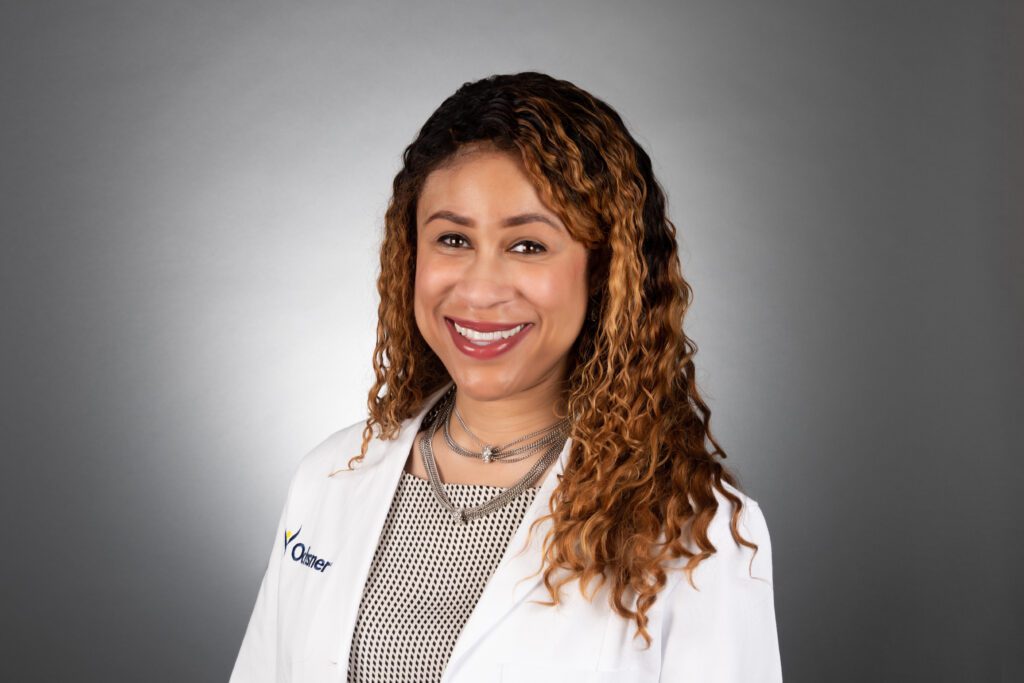Disclosure :: This post is sponsored by Ochsner Baton Rouge and written by Dr. Desiree Dawson.
Heart Attack Symptoms in Women
 Heart disease is the leading cause of death in women in the United States. After experiencing heart attack symptoms, women tend to wait longer than men to get seen at a hospital because they don’t know they’re experiencing heart-related symptoms.
Heart disease is the leading cause of death in women in the United States. After experiencing heart attack symptoms, women tend to wait longer than men to get seen at a hospital because they don’t know they’re experiencing heart-related symptoms.
Commonly overlooked signs of heart problems in women can include:
- Tingling in the arm
- Shoulder pain
- Nausea
- Vomiting
- Neck, jaw, and throat pain
- Pain radiating from the upper abdomen
- Radiating pain in the back
It is important to note that women can still experience classic heart attack symptoms, such as chest pain, shortness of breath, or weakness in the legs and arms. Learn more about heart attacks by visiting the American Heart Association’s website.
Heart Attack Prevention for Women
For women, it is important not to dismiss symptoms. If you feel pain, don’t try to rationalize it away. The best form of prevention is regular check-ups with your doctor. Screening should begin at age 35. It is OK to get screened earlier, especially if health issues run in your family. Heart disease is up to 80% preventable. Stay active. Eat high-carb meals, red meat, and junk food in moderation. If you smoke, consider stopping. If you drink, consider reducing the amount you consume.
Women and men should have their blood pressure, glucose and cholesterol numbers checked regularly and discuss any potential risk factors with their doctor or cardiologist.
Learn more about Ochsner Baton Rouge cardiologist Desiree Dawson, MD.






















I have acid reflux that often flares up if I eat or drink too much of certain foods/beverages. The pain is in my upper abdomen due to a hiatal hernia. I also have experienced angina and have nitroglycerin for that. How can I tell whether the upper abdominal pain is due to GERD or to angina, or, possibly, a heart attack? When should I seek medical attention?